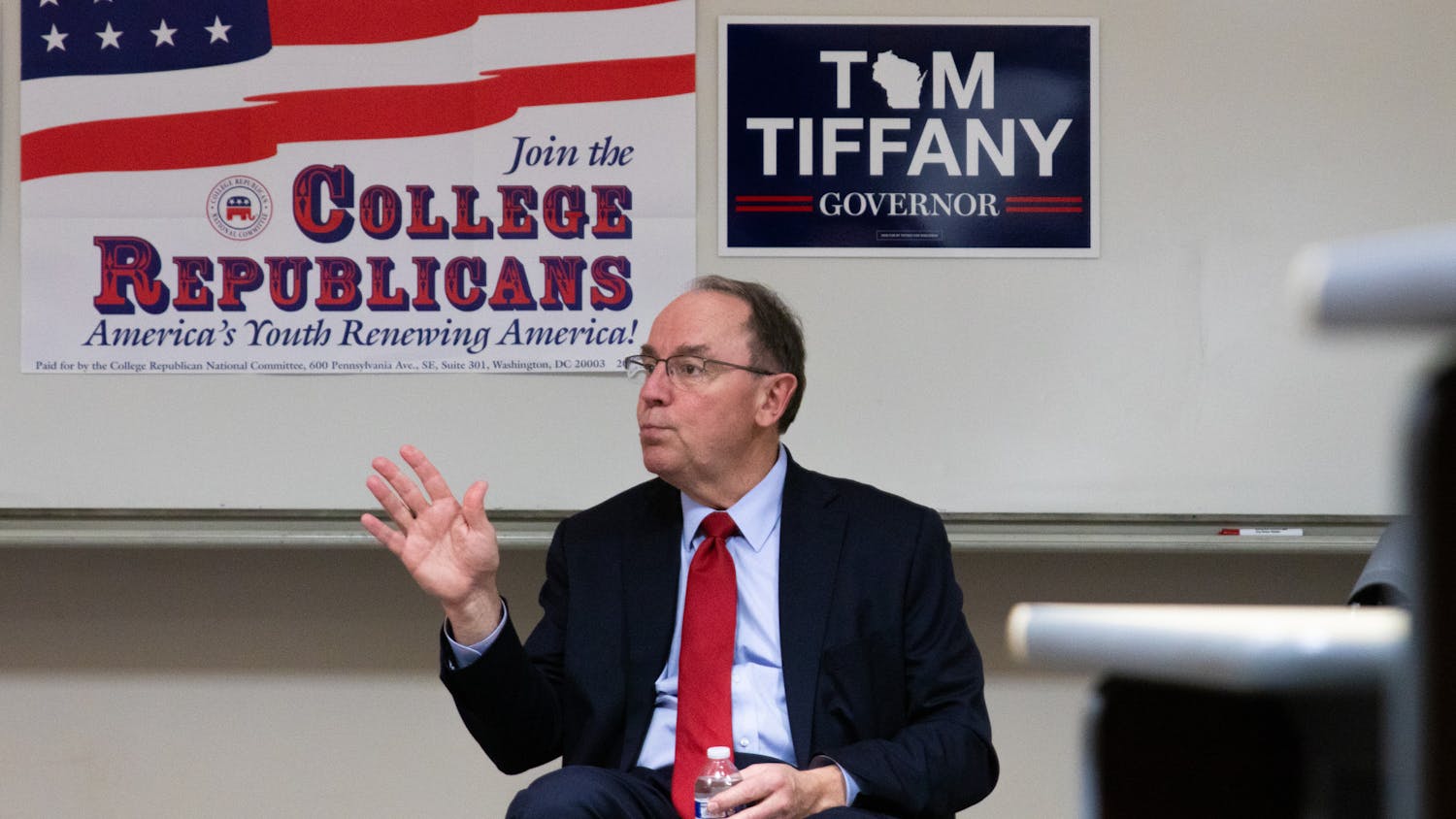To many voters, this year's Democratic primaries may seem more frantic than usual. This is not merely a result of public misconception or increased media coverage. In fact, by May 15 the Democratic primaries may be over before 40 percent of the United States has had a chance to vote for a candidate.
This phenomenon can be attributed to frontloading, a strategy in which states attempt to re-schedule their primary voting date to give themselves more political importance.
Wisconsin has been in the middle of a frontloading blitzkrieg since it moved its primary date from April to February 17, joining 36 other states that hope to make their mark on the political process.
\When Wisconsin's primary was held in March during the 1960 elections, Wisconsin was decisive in determining a winner,"" said Virginia Sapiro, UW-Madison political science professor.
However, some experts say they believe the current system ignores states with later primaries, allowing a few select states to determine the country's presidential nominees.
""Currently, people don't have a lot of time to think about candidates and there is not a continual buildup of momentum,"" Sapiro said.
Recently, Minnesota Secretary of State Mary Kiffmeyer promoted an alternative to the current primary system titled the ""rotating regional primaries"" plan. Under the new plan, the United States would be divided into four regions-the West, Midwest, South and East- with each region holding their primaries in one of four months. Every four years each region would be given a new month, giving a different region the spotlight and allowing candidates to focus their attention on one area rather than traveling across the country.
However, according to Kenneth Mayer, a UW-Madison political science professor, the rotating regional primary system is unlikely to come to fruition.
He said this is a decision that must be made by all 50 states, adding he knows New Hampshire and Iowa will fight against this proposal to retain their electoral importance.
""The odds are close to zero that the current method of electing a president will change,"" he said.
Some UW-Madison students argue the system actually encouraged them to vote.
""I'll probably vote this year because it will actually have an impact since the race hasn't been decided yet,"" said Norbert Herman, a UW-Madison freshman.
However, Sapiro argues this debate over electoral processes is healthy for America.
""Making people talk about the process and quality of Democracy is always a good thing,"" she said.





